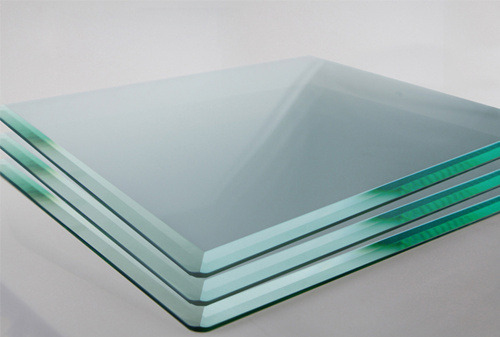
Glass is known for its excellent chemical stability. It is a non-crystalline solid that is primarily composed of silica (silicon dioxide) and various other additives depending on the desired properties of the glass. The atomic structure of glass lacks long-range order found in crystalline materials, which contributes to its unique properties, including chemical stability.
Glass is resistant to most chemicals, including acids, bases, and solvents. It is non-reactive and does not easily corrode or degrade when exposed to different substances. This chemical stability makes glass suitable for a wide range of applications, including laboratory equipment, chemical storage containers, windows, bottles, and more.
However, it’s important to note that while glass is generally chemically stable, there are certain chemicals or conditions that can lead to glass corrosion or deterioration over time. For example, prolonged exposure to highly alkaline or acidic solutions, high temperatures, or specific chemicals may affect the stability of certain types of glass.
Overall, glass is considered chemically stable in many normal operating conditions, but it’s always advisable to consider the specific type of glass and its compatibility with the substances it will come into contact with to ensure its long-term durability.
